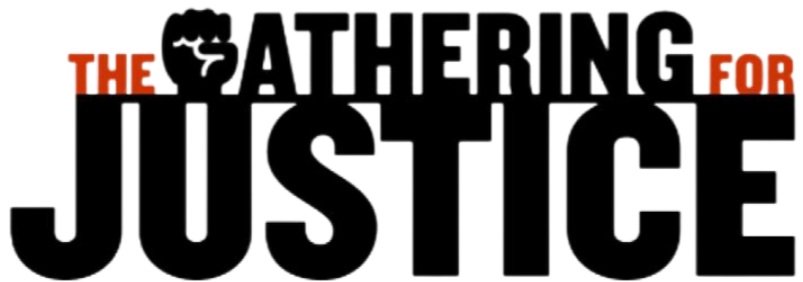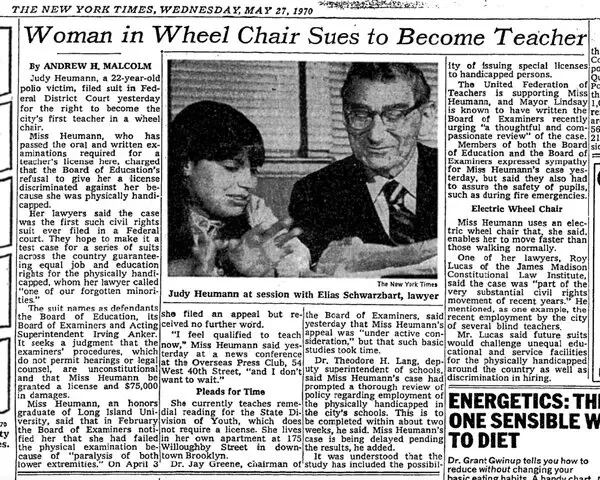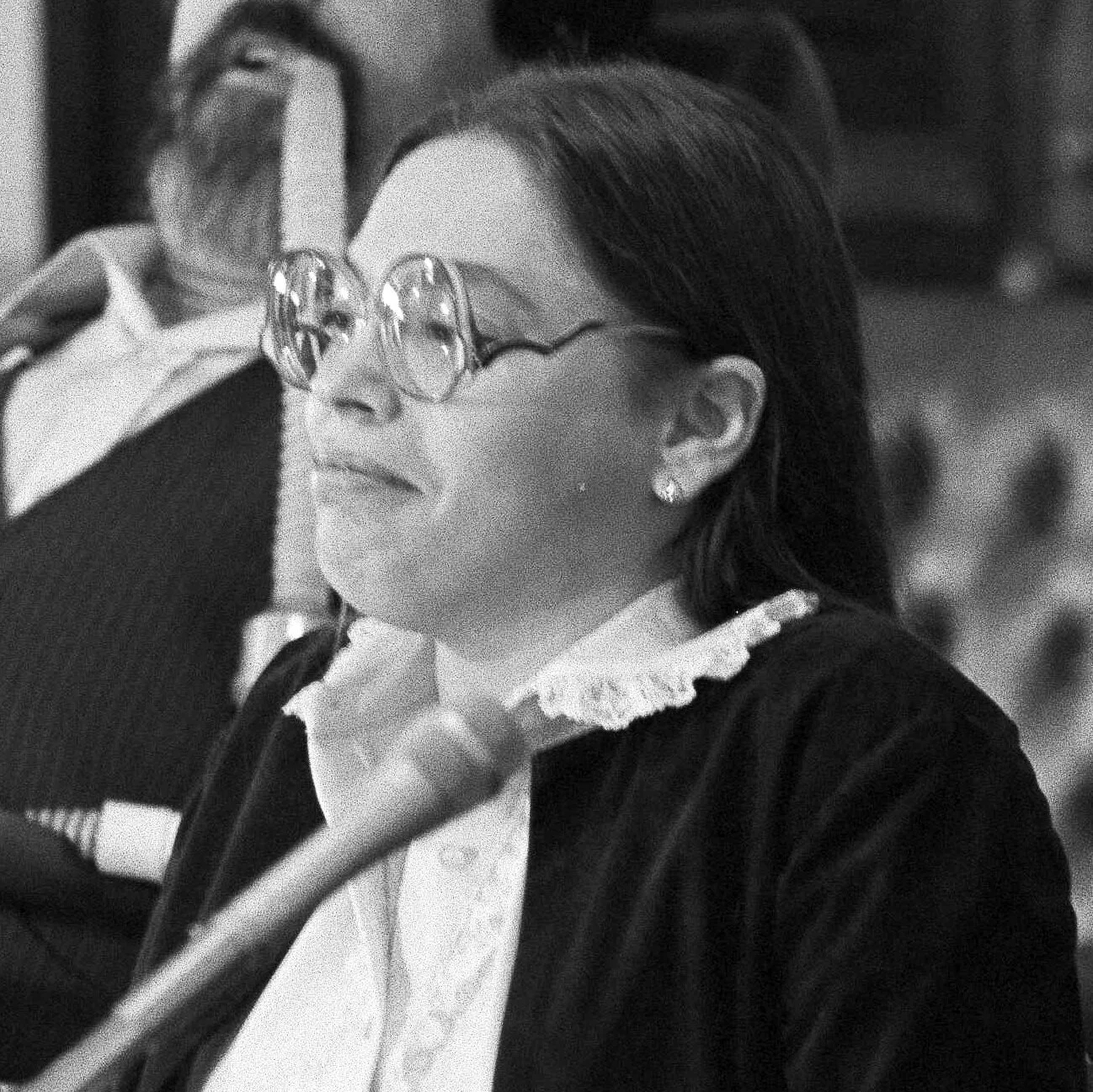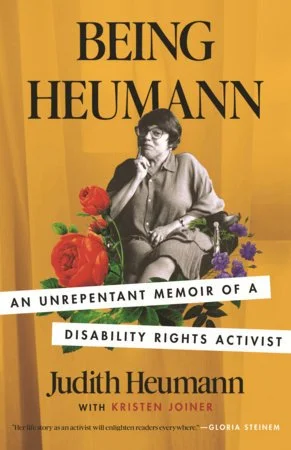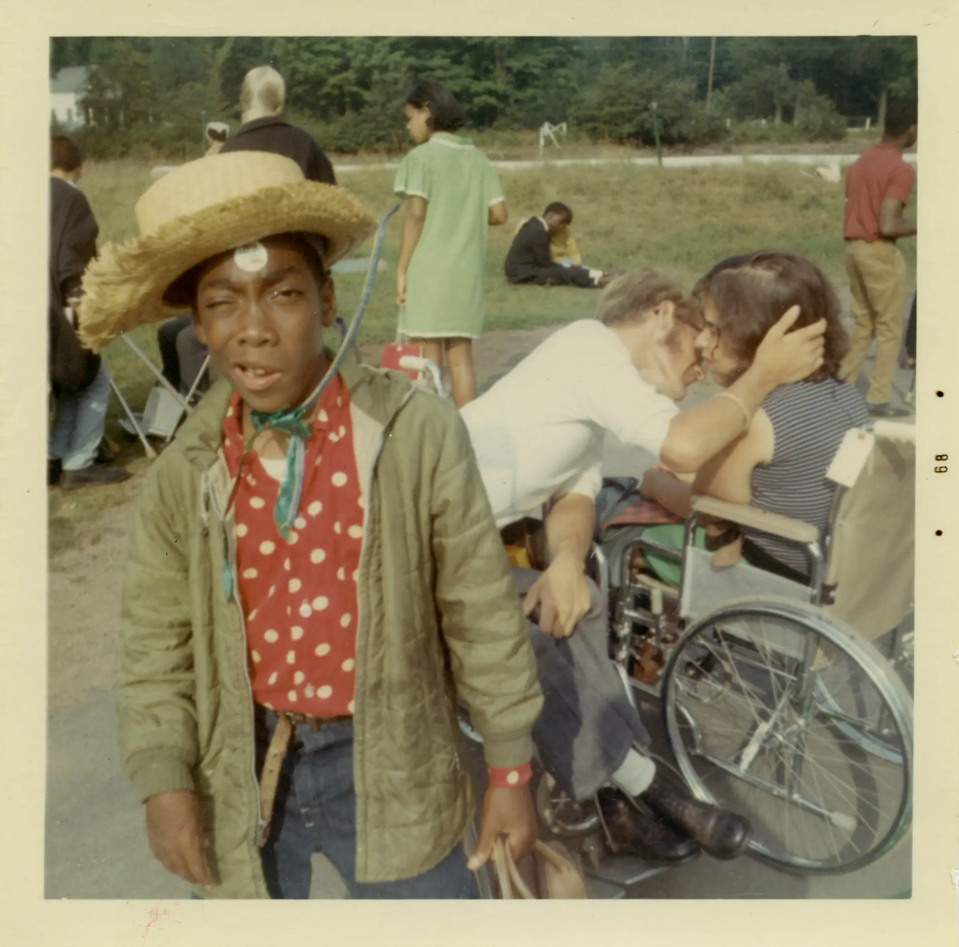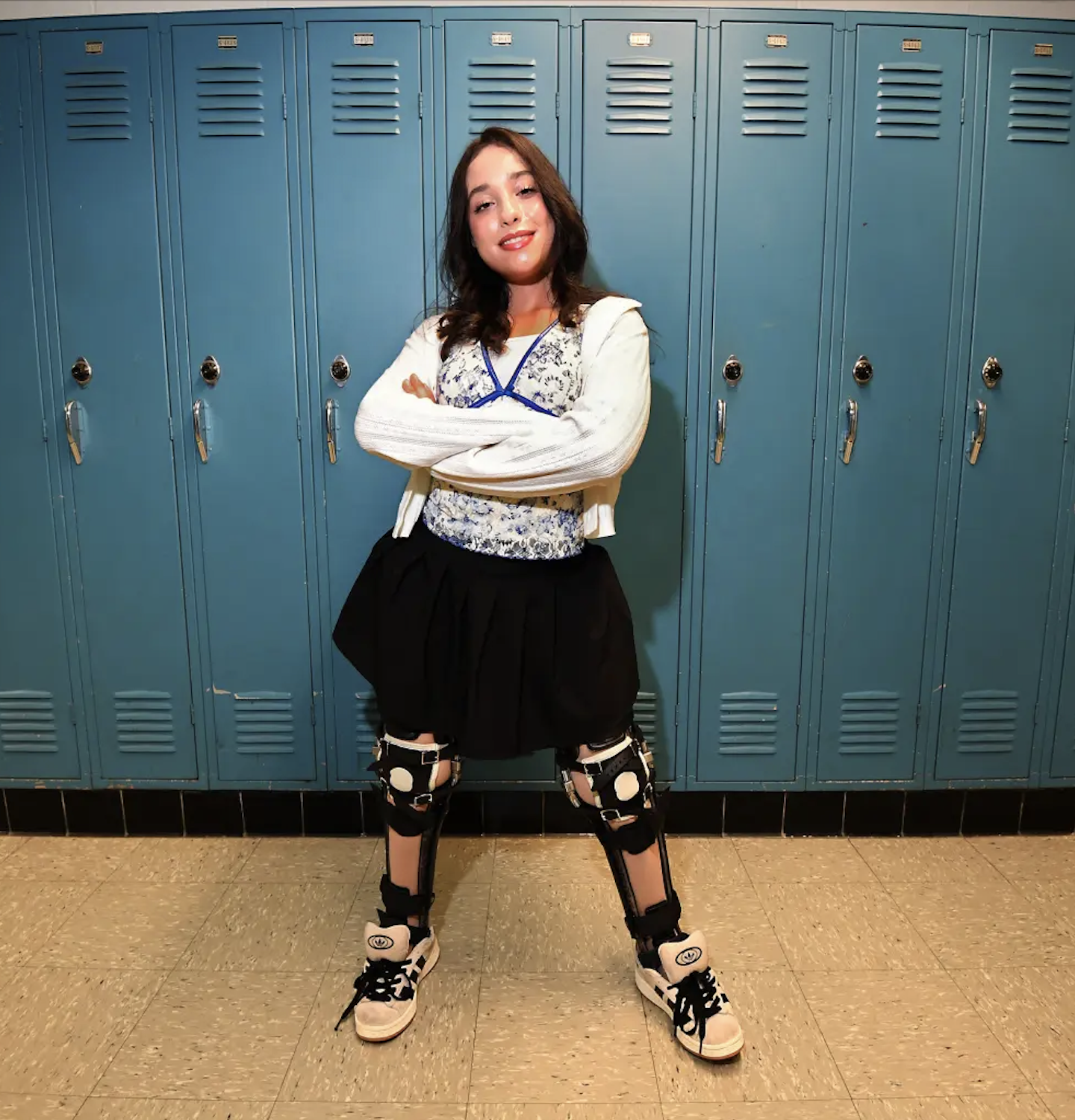The Mother of Disability Rights and the Fight for Inclusion
Judy Heumann’s work laid the foundation for laws like the ADA, challenged systemic discrimination, and empowered millions of disabled people to demand access, dignity, and full participation in society.
Judith “Judy” Heumann was a groundbreaking civil rights advocate widely recognized as a founding figure in the disability rights movement in the US and beyond. Born in Brooklyn, New York, in 1947, “Judy” Heumann contracted polio at age 18 months and used a wheelchair for most of her life. Denied access to public school as a child due to her disability, she faced discrimination early on and became determined to fight for a world where disabled people could participate fully in society.
"Disability only becomes a tragedy when society fails to provide the things we need to lead our lives—job opportunities or barrier-free buildings, for example. It is not a tragedy to me that I’m living in a wheelchair."
In 1970, Heumann made national headlines when she sued the New York City Board of Education for denying her a teaching license solely because she used a wheelchair. She won that case and became the city’s first wheelchair-using teacher, marking a turning point in legal advocacy for disabled professionals.
That same year, she co-founded Disabled in Action, an organization committed to securing the civil rights of people with disabilities through protest and public education.
Judy Heumann played a critical role in the 504 Sit-in of 1977, one of the longest nonviolent occupations of a federal building in U.S. history. As a lead organizer, she helped force the federal government to implement Section 504 of the Rehabilitation Act, which prohibits discrimination on the basis of disability in federally funded programs. This direct action helped pave the way for the Americans with Disabilities Act (ADA) of 1990, a landmark civil rights law.
Judith Heumann passed away in 2023, but her legacy continues to shape the movement for disability justice.
Throughout her career, Judith Heumann served in various policy and diplomatic roles, including as Assistant Secretary for the Office of Special Education and Rehabilitative Services under the Clinton administration, and later as the first Special Advisor for International Disability Rights at the U.S. State Department under President Obama.
She brought a global lens to disability advocacy, building alliances across countries and pushing for disability inclusion in international development.
Her memoir Being Heumann and the Netflix documentary Crip Camp, which featured her activism, have educated new generations about the power of organizing and the ongoing fight for equity. She challenged systems, changed laws, and inspired millions by refusing to be silent in the face of exclusion.
DISABility Justice Activist
Four inspiring young activists leading the charge to reform the justice system and advance disability justice.
Mia Mingus
A writer and transformative justice advocate who lives with physical disability, Mia is a leading voice in abolitionist movements. She challenges criminalization of disabled people and centers access intimacy and communal care in prison abolition discourse focusing heavily on the intersection of youth, race, gender, and disability justice
Daphne Frias
A climate, voting, gun control, and disability advocate living with cerebral palsy, Daphne has championed intersectional justice through youth-led activism. Although best known for her work with March for Our Lives and Future Coalition, she also centers disability-justice language in policy efforts, emphasizing how incarcerated and criminalized disabled youth especially those facing poverty or racism need justice system reform
Helena Donato‑Sapp
A youth activist spotlighted at the 2023 NEA Representative Assembly, Helena urged educators and lawmakers to confront disability discrimination in school discipline. Her advocacy highlights how disabled youth, especially students of color, are disproportionately funneled into the juvenile justice system through exclusionary school policies.
Leah Zelaya
A high school senior with a rare muscular dystrophy (SPSMA), Leah advocates for disability rights beyond the classroom. She has lobbied on Capitol Hill for better healthcare access particularly air travel accommodations and promotes inclusion through community speaking, national outreach, and performances at New York Fashion Week. Her work includes raising visibility for policies that ensure disabled youth are treated with dignity in public systems and is also the founder of the story telling platform Heros 4 Harmony.
